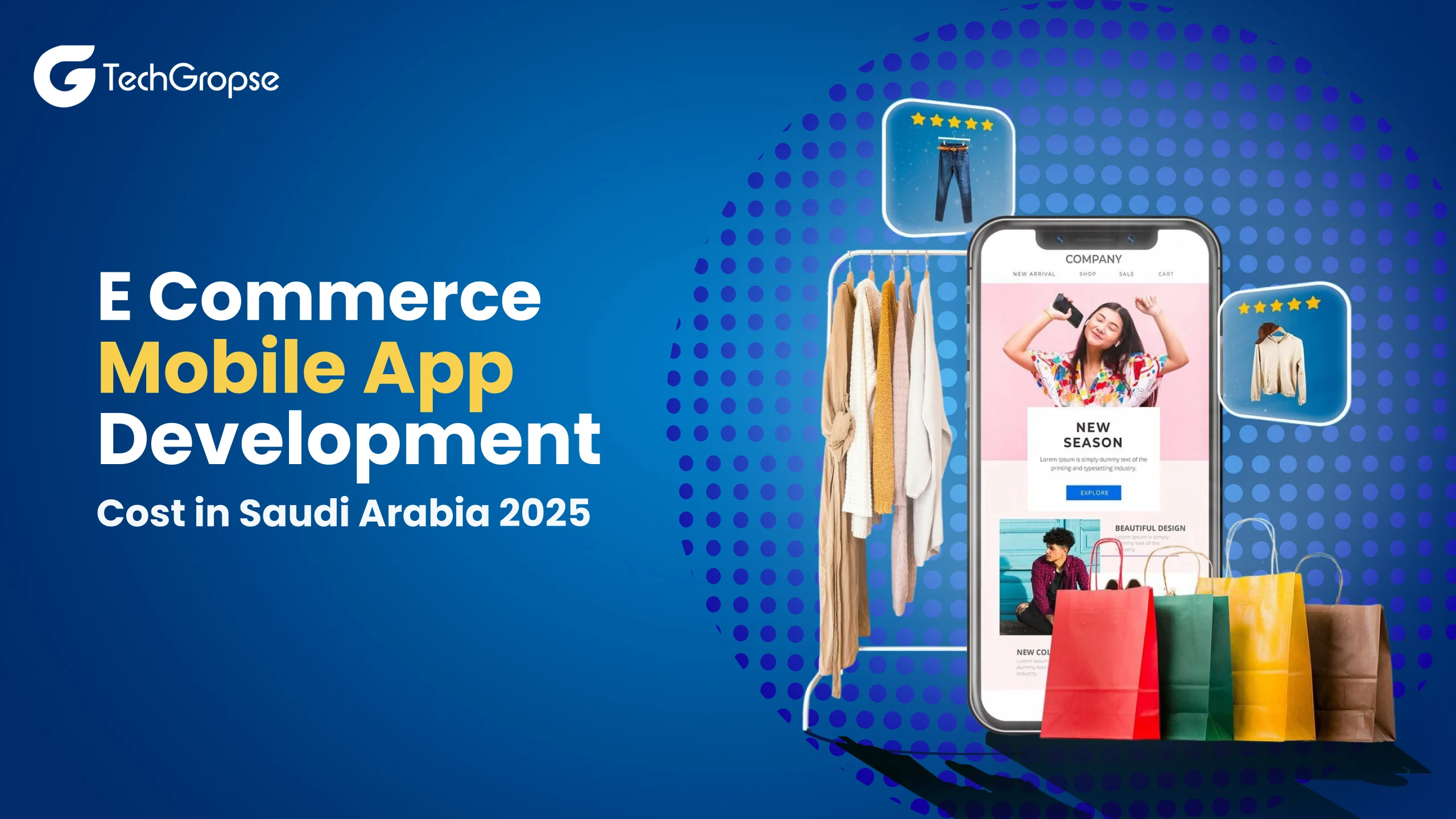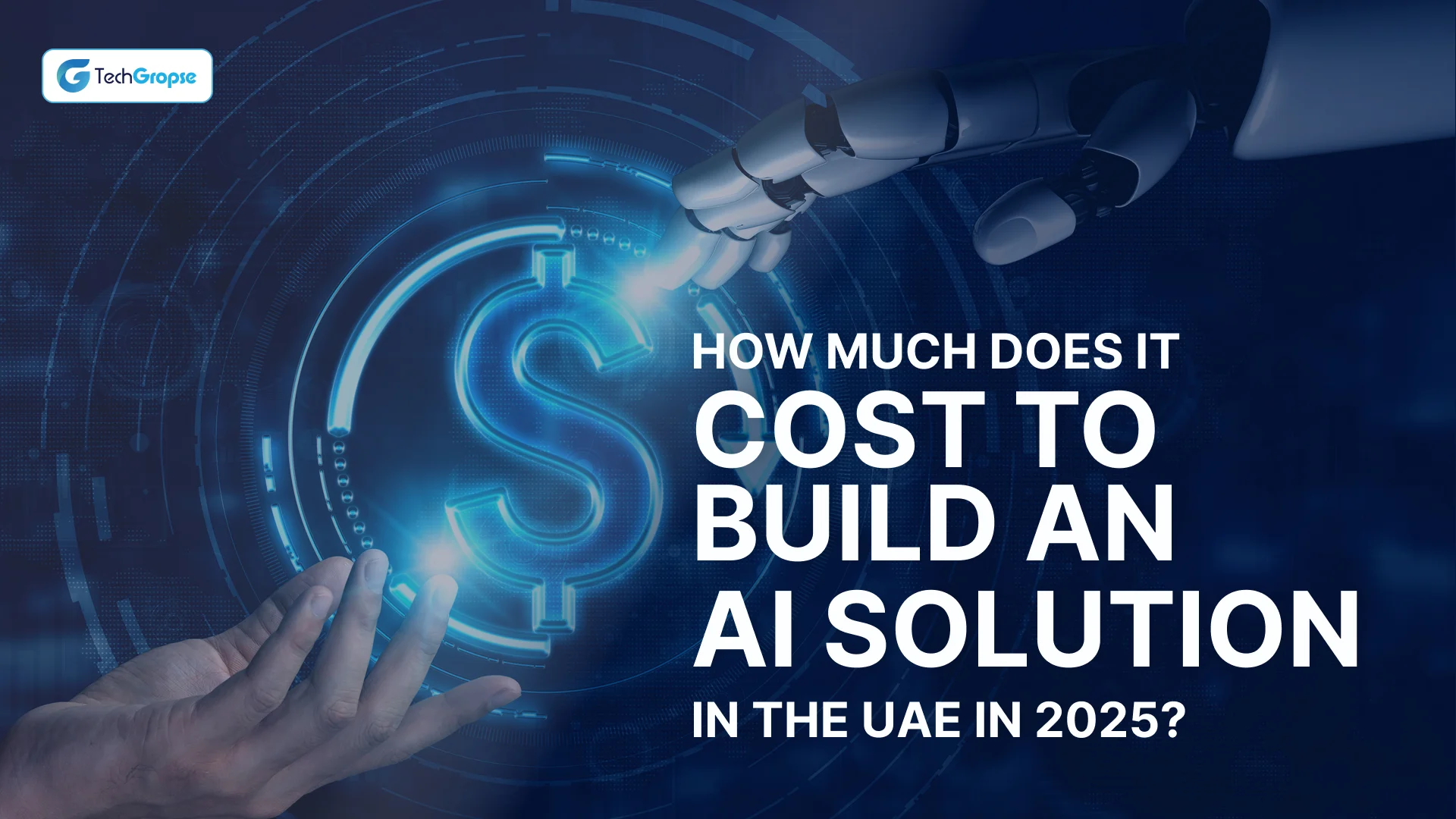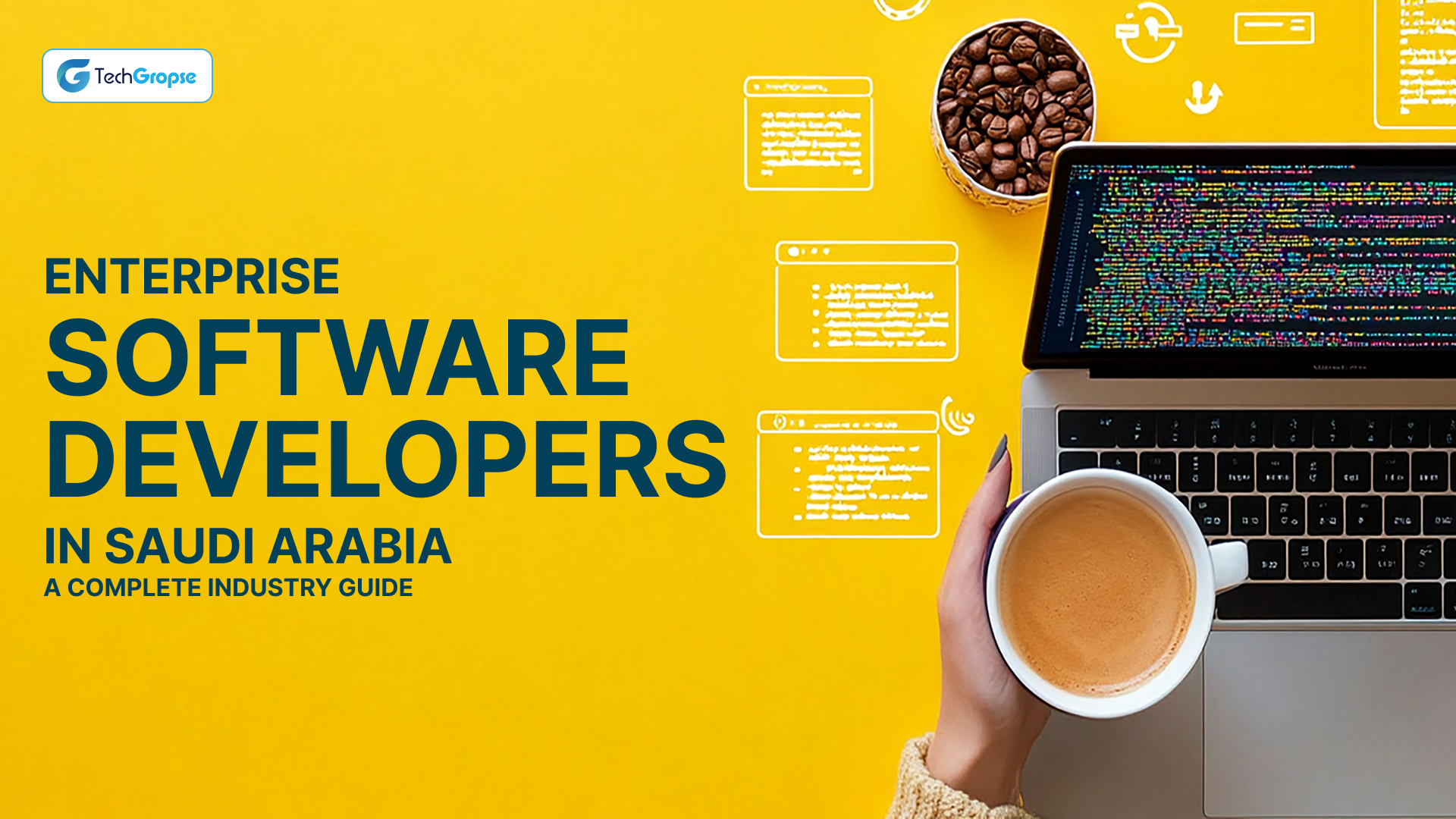“Experience the future of medicine with our AI-powered medical assistant, simplifying disease diagnosis for healthcare providers and enhancing patient care.”
Welcome to the age of technology when everything is remote, just a finger away. AI-powered medical assistant chatbots also make it easier to seek medical help from the comfort of your home. According to a report, the AI-powered medical assistant chatbot market size is expected to grow to around $187.95 billion by 2030. This translates to streamlining of healthcare, improved patient care, and overall outcomes of prosthetics along with Agile is a good opportunity to improve and invest in this .
Thus, it is easy to streamline healthcare, improve patient care, and improve overall outcomes with AI Development in Dubai. AI-powered medical assistants make it easier to diagnose patients more safely and effectively. Thus, the demand for AI in the healthcare industry is high. Today we will delve into the incredible role of artificial intelligence in healthcare. So fasten your seatbelts tightly to make the journey to AI-powered medical assistants for convenient diagnosis.
Market Size of AI-Powered Medical Assistant
Everyone has a smartphone to do something while sitting at home. It’s also easier to reach a doctor via video and audio calls after an outbreak. Thus, the adoption of technology in the healthcare industry is high. The healthcare industry can also improve their services by using artificial intelligence. Modifying AI makes it easier for doctors to diagnose disease and offer better solutions.
Widespread smartphone adoption ensures the success of healthcare AI-powered chatbots. The global AI healthcare market is valued at US$16.3 billion by 2022 and is expected to reach a CAGR of 40.2% to reach US$173.55 billion by 2029. This implies positive revenue from medical AI-powered chatbots
From now on, you should invest in a virtual medical advisor. It will help healthcare professionals improve the overall health of patients.
What is a Virtual Medical Advisor in the Healthcare Industry?
The healthcare industry continues to evolve and change. There are many opportunities for patients and providers to connect with each other outside of the doctor’s room. Medical assistants using AI allow patients to get their questions answered without leaving their homes.
According to a report, more than 80% of patients feel more comfortable communicating with their doctor remotely than in a hospital or hospital. Its primary purpose is to use tools to measure things like blood sugar and heart rate and prescribe them for medical review. As a result, more than 70% of hospitals offer AI-enabled physician assistants to diagnose their patients.
Simply put, AI-enabled streamlined patient medical assistants can help create real-time communication between doctors and patients, leading to better care.
An AI-powered physician assistant can make work easier, so employees can save time and manage complex tasks more efficiently. The role of a medical assistant using AI for emergency assistance is to answer people’s questions. After analyzing user feedback, the virtual assistant will provide solutions by text, voice, and scheduling doctor appointments.
Read More: Saudi Arabia Mobile App Development Company
The Advantages of AI-Powered Medical Assistance in Healthcare Industry
There is no doubt that AI is gaining popularity across the globe as it helps capture user behavior and provides better solutions so that the healthcare industry is also adapting to AI to deliver better medical services no one for its patients. AI-Powered Medical Assistants Healthcare bots have many other advantages that allow them to diagnose diseases more sensitively.
- Getting the Right Care
Patients sometimes find it difficult to get from one place to another for an appointment. An AI-powered physician assistant helps them make an appointment online in such a scenario. It saves travel time and long queues for conversations. It means that the patient will receive better care without having to move from one place to another.
Therefore, it is an opportunity for doctors to better serve their patients. From now on, you need to work with a chatbot company that will provide you with the ultimate solution as per your requirements.
- Quality of Care
There is no doubt that AI-powered physician assistants help improve the quality of care patients receive. Once better services are provided remotely, the chances of a positive patient-doctor relationship increase, according to a report. Therefore, it is worthwhile to go with a mobile app development company to develop an AI healthcare application.
- Reduce Healthcare Costs
Many people cannot afford high medical bills. But physician assistants using AI can reduce travel time and hospital stays for chronic diseases, saving a lot of money. From now on, it pays to develop AI apps.
- Caring for Chronic Conditions
Their self-care helps improve well-being and health. AI medical assistants provide better self-care for chronic conditions, helping patients improve their health. Furthermore, it reduces the need for in-person appointments to monitor their health. Simply put, using an AI assistant provides patients with virtual care technology to manage their lifestyle, diet and health.
- Treating Urgent Symptoms
Another great advantage to build AI-powered medical assistant is that they provide immediate access to treatment of a symptom. This means that by using them, you can avoid any complications in the future. Henceforth, it is good to build AI app. However, you have to seek the help of professionals for Android app development or AI iPhone app development because they are proficient in this job.
- Convenience
Of course, an AI-powered medical assistant is more convenient than visiting hospitals and nearby clinics. Once you decide to go to the hospital, you have to face traffic and long waiting hours just for a routine follow-up or checkup. But it is not with a virtual healthcare assistant. You can do things according to your preference and convenience, which is the great advantage of AI health assistant.
- Best Care Anywhere
Millions of people avoid trips and holidays just because of their disease. But now they don’t have to be sad and stay at home all the time because they can get the best care anywhere. Whether patients are in the city or out of the country, AI assistants provide the best services. Through video and audio calls, they can connect with their doctors and get consultations to improve their overall well-being from time to time.
- Better Understanding of Patient’s Situation
With an AI assistant, doctors can easily collect their patients’ data, such as symptoms, medical history, and ongoing medicines. This will help them provide the best care to patients online. It will also save doctors time reviewing possible treatments and interacting more with patients, helping them make wise decisions.
Essential Features an AI-Powered Medical Assistant Must Have

AI has revolutionized the healthcare industry today. It helps improve patient care and assists doctors in making more informed decisions. Therefore, it is hugely popular among doctors and patients. But what makes it powerful? The answer is its features. Here, we will explore the essential features that any AI-powered medical assistant must have.
- Natural Language Processing
It is necessary to have effective communication between clients and patients. The AI medical assistant with NLP capabilities can generate human-like language that ensures seamless interactions with patients and healthcare service providers. Whether it is understanding the symptoms of the disease, transcribing medical notes, or answering questions, the natural language processing feature provides clear and efficient communication. Therefore, it is necessary to ensure the NPL into the AI app.
For this, you can hire dedicated developers who are knowledgeable about this feature and who will implement it into your application.
- Clinical Decision Support
It is true that medical decision-making can be complex, including vast amounts of data. However, the AI medical assistant should provide clinical decision support by analyzing doctors’ data, relevant literature, and medical history. This feature assists in diagnosis and treatment plans and ensures adherence to best practices and guidelines.
- Diagnostic Assistance
This feature enhances the diagnostic procedure by rapidly analyzing lab results, medical reports, and other data. With the help of this feature, the doctor can suggest potential diagnoses based on pattern recognition and machine learning algorithms. This will lead to the fastest and most accurate diagnoses to improve the patient’s health. Therefore, it is required to add this feature to AI-powered virtual assistants.
- Personalized Treatment Plans
Many people search for personalized treatment plans, where treatments are tailored to individual patient characteristics and preferences. This feature makes it easy to analyze patient data and generate customized treatment plans. Therefore, you have to make sure that you include this feature in your AI-powered medical assistant to streamline disease.
- Remote Monitoring and Telehealth support
The demand for telemedicine and remote patient monitoring is high in today’s technical era. This is why AI-powered assistants bridge the gap between patients and doctors. With the help of this feature, it is easy to monitor vital signs, track medical adherence, and provide instant feedback and guidance to patients. It not only improves patient care but also reduces healthcare costs. Henceforth, you have to ensure that the AI-powered medical assistant is equipped with this feature.
- Integration with Electronic Health Records
Seamless integration with the EHR is necessary to maximize the utility of artificial intelligence medical assistants within clinical workflow. By accessing and analyzing patient details in the EHR system, it is easy to provide contextually relevant insights and recommendations to physicians. Moreover, it enables automated documentation, reducing administrative burden and improving overall efficiency.
- Privacy and Security Measures
It is necessary to ensure the privacy and security of patient data. Therefore, you have to ensure this feature safeguards patient information. Moreover, transparent data handling practices and mechanisms for obtaining patient consent increase trust and confidence in AI-powered healthcare solutions. As a result, you have to add this feature to AI assistants.
Steps to Develop AI Health Assistant

It is obvious that there will be a high demand for AI in the future for medical assistants. Therefore, building a virtual health assistant to improve patient care is a great opportunity. If you are interested in AI-powered medical assistant development, the following points will be helpful.
1. Identify the Requirements of Target Audience
In order to build an AI assistant, you have to understand the specific needs of your target audience. To determine these needs, you must conduct market research and conduct surveys. This will help you gather data that will help you make an informed decision.
2. Design the user interface
Now, you have to design a user-friendly interface. It is necessary to ensure that the interface is appealing, easy to navigate, and quickly responsive across different platforms and devices. Furthermore, you have to incorporate features such as appointment scheduling, real-time communication, and medication reminders with doctors. This will assist in creating AI healthcare assistants in a reasonable manner.
3. Developing Backend and Algorithms
The backend and algorithm are the backbone of an AI health assistant. They will assist in creating robust systems to handle data storage, data processing, and integrating AI and machine learning algorithms. However, it is necessary to ensure security and privacy because patient data is highly sensitive. To ensure security, you have to add encryption protocols and regular security audits.
4. Choosing the Right Technology
Now, it is my turn to pick the right technology to build an AI healthcare assistant. This will help you in building a cutting-edge and easy-to-navigate application. Therefore, you have to choose one of the best tech-stacks.
5. Selecting the Right AI and Machine Learning Tools
No doubt that healthcare assistants and AI are the driving force behind the intelligence of virtual health assistants. Choosing the right artificial intelligence and machine learning tools, frameworks and libraries is essential for crafting the correct algorithm. So, when deciding to build an AI healthcare assistant, make sure to choose the right AI and machine learning tools.
6. Ensure Compliance with Health Regulations
Once you decide to develop an AI-powered medical assistant for instant support, you must comply with health regulations and ensure the security and confidentiality of patient data. This will help you make a better decision. Therefore, remember to follow this step.
7. Understand HIPAA and Other Health Data Regulations
HIPPA sets standards for protecting sensitive patient health information. Understanding the guidelines and needs of HIPPA and other health data regulations is necessary to ensure the ethical use of data. This will help you ensure patient privacy and confidentiality. Henceforth, it is a necessary step you should follow.
8. Implement Security Measures for Patient Data
Data protection is essential to implementing robust security measures such as access controls, encryption, and regular security audits. These measures will help safeguard data and trust in the AI assistant. Compromising patient data is not possible, so you have to implement the required security measures to ensure the confidentiality and integrity of data.
9. Test and Launch the AI Health Assistant
After developing the AI health assistant, you have to test it to ensure it is error-free. Connect with QA specialists and perform comprehensive testing. Once the AI assistant is tested, launch it on the Google Play Store or Apple Store to make it available to the public.
The AI Healthcare Assistant Development Cost
What is the artificial intelligence health assistant development cost? This is the primary question of those who are interested in building an AI assistant. If you are one of them, the cost depends on various factors like features, platforms, etc. For your help, we list a table that will give you an idea of how much money you have to invest in creating an AI-powered medical assistant for streamlined disease.
| Development Phase | Estimated Cost |
| Research and Planning | $50,000 – $100,000 |
| Data Collection and Preparation | $20,000 – $50,000 |
| Algorithm Development | $100,000 – $200,000 |
| Software Development | $150,000 – $300,000 |
| Testing and Validation | $50,000 – $100,000 |
| Regulatory Compliance | $50,000 – $150,000 |
| Deployment and Integration | $50,000 – $100,000 |
| Maintenance and Updates | $20,000 – $50,000 |
The table is just for an idea. In order to get a closer look, you have to connect with a chatbot development company that will provide you ultimate solutions at different price ranges.
The Final Note
AI is the best technology for providing the best services to your clients. Even healthcare service providers can implement this technology to diagnose diseases. Wondering how? Well, artificial intelligence helps connect patients and doctors. It will help doctors provide instant consultations, and patients connect with doctors via video and audio calls.
FAQs
1. How does the AI-powered medical assistant work?
The AI-powered medical assistant uses advanced algorithms and machine learning techniques to analyze the patient’s symptoms, medical history, and lab tests. After collecting all the patient data, the physician can diagnose and recommend appropriate treatment options.
2. Is the AI-powered medical assistant accurate?
Well, the accuracy of the AI healthcare assistant depends on several aspects, such as the quality and competencies of the input data and the extent of the medical knowledge database.
3. What are the advantages of using AI-powered medical assistants?
With the help of AI-powered medical assistants, you will gain several advantages, such as faster and more accurate diagnoses, improved efficiency, reduced medical errors, and better patient outcomes.









